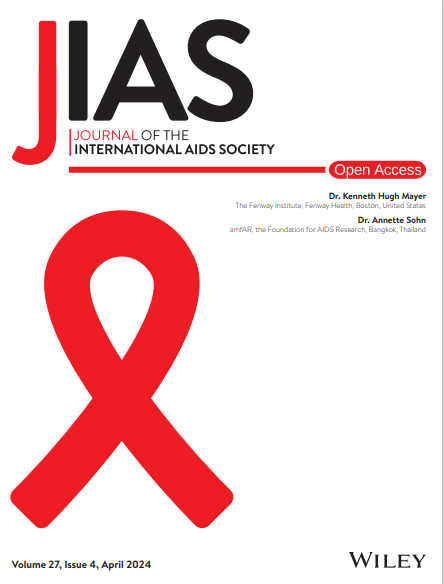“A cure might help, but it won't erase it all”: a qualitative study of policy challenges and priorities for long-term survivors of HIV in the United States
Abstract
Introduction
Long-term survivors (LTS) of HIV, including individuals diagnosed before the availability of effective antiretroviral therapy (ART), have played a pivotal role in shaping the HIV response. Despite an increase in their number in the United States, their unique medical, social and economic challenges remain underrepresented in HIV policy and research, particularly in the context of HIV cure advancements. While an HIV cure may alleviate ART-related burdens, LTS fear unintended consequences, including the potential loss of critical social benefits, economic support and healthcare access. This study explores the policy priorities of LTS, addressing their current unmet needs and the broader implications of an HIV cure.
Methods
We conducted qualitative interviews with 32 LTS across diverse racial, gender and geographic backgrounds, recruited through community-based organizations and research networks from 2023 to 2024. Using inductive thematic analysis, we identified key policy concerns and recommendations based on participants’ lived experiences. Data collection continued until thematic saturation was reached.
Results
LTS emphasized four pressing policy domains: (1) Persistent Healthcare Disparities: Participants reported fragmented Medicare and Medicaid coverage, limited access to essential services (e.g. dental, vision and mental healthcare), and ongoing stigma and discrimination in healthcare settings. (2) Social and Economic Precarity: Housing instability, financial insecurity and employment barriers disproportionately affect LTS, many of whom face systemic barriers to re-entering the workforce. (3) Policy Implications of an HIV Cure: Participants voiced concerns that an HIV cure, while promising, could result in disqualification from disability and social assistance programmes, exacerbating socio-economic vulnerabilities. (4) Structural Reforms for LTS Inclusion: LTS underscored the urgent need for their direct involvement in HIV research, policy development and decision-making to ensure equitable, community-driven solutions.
Conclusions
Policymakers must address comprehensive healthcare access, economic stability and social protections for LTS of HIV. HIV cure research must not undermine existing benefits or widen disparities. Ensuring LTS representation in decision-making is critical to developing equitable policies that safeguard their wellbeing before and after a cure.

 求助内容:
求助内容: 应助结果提醒方式:
应助结果提醒方式:


